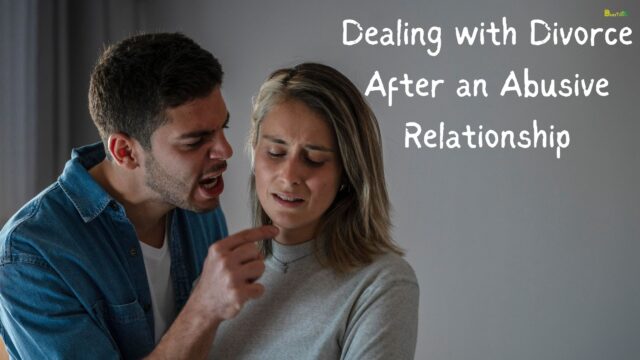Getting divorced after an abusive relationship can be an incredibly challenging and emotional time. However, with the right support and legal help, it is possible to break free and start rebuilding your life. This article offers guidance on finding the right solicitor, getting legal and emotional support, plus tips for self-care during the divorce process.
Finding an Experienced Solicitor
One of the first and most important steps is finding an experienced family law solicitor who understands domestic abuse. Look for recommendations from domestic abuse charities or women’s aid organizations in your local area. Alternatively, you can start your search online using your area to narrow down the options. For example, “solicitors in Cheltenham” or “law firms in Cheltenham” will connect you with Cheltenham Solicitors specializing in divorce procedures.
An empathetic solicitor with expertise in abusive divorces will help guide you through the process and fight to secure you a fair settlement. Make sure you brief them fully on details of the abuse so they can factor that into negotiations over finances, child custody arrangements and other divorce terms. A good solicitor should handle interactions with your ex-partner to avoid further trauma for you.
Getting Emotional and Legal Support
Coping emotionally during a divorce from an abusive partner can be incredibly tough. Seek professional counseling to help process what you have been through and start healing trauma bonds. Many domestic abuse charities offer free services or can connect you with affordable therapists. Also, make sure to utilize support groups so you can share your experiences and get advice from others who understand.
On the legal side, investigate whether you are eligible for legal aid. This provides free legal support in family court cases for those on low incomes or benefits. Even if you do not qualify, many firms offer fixed-fee divorce packages for straightforward cases.
Self-Care Tips
It’s also important to make self-care a top priority, as this helps you avoid burnout. Find healthy stress relief outlets like yoga, walking, or crafts. Ask loved ones for practical help with childcare, meals or household jobs. Set aside relaxation time to restore mental energy – even a long bath or watching a comedy helps.
Establish post-separation boundaries to minimise contact with your ex as this can be emotionally triggering. Where possible, communicate only through solicitors. Avoid places you might bump into each other, change your normal routines, and block phone/social media contact.
Surround yourself with positive people who uplift you. The road ahead will have challenges but with the right support, you can overcome this and build the happy, abuse-free future you deserve. Divorcing an abusive ex-partner brings unique difficulties but support is available. An experienced, understanding solicitor provides essential legal and negotiation help. Counseling, support groups, and self-care techniques prevent you from burning out emotionally. Protect yourself by setting firm boundaries limiting contact or access. While it may feel overwhelming, with these key supports you can take back control and successfully navigate your divorce towards freedom and healing.









